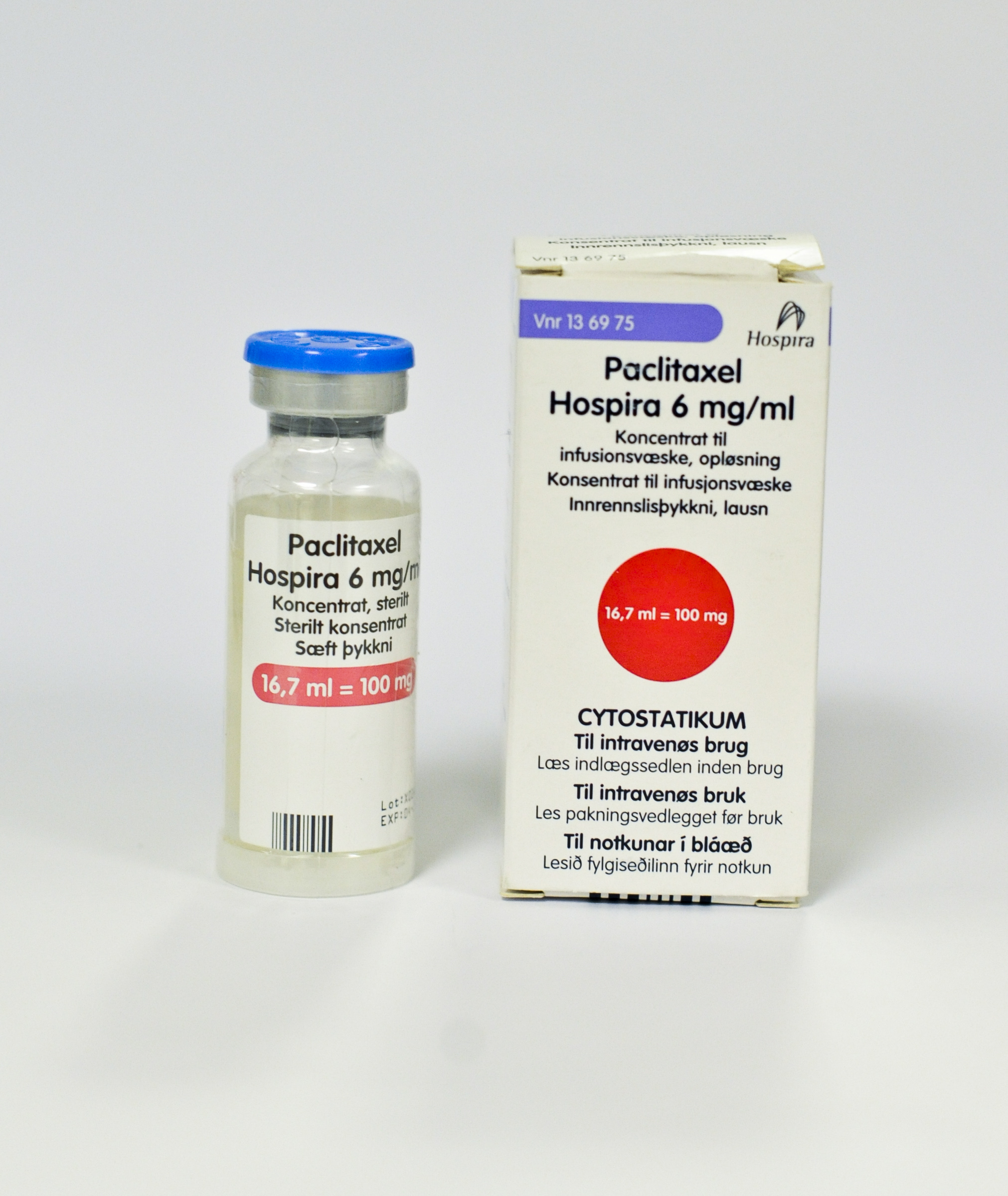No one likes cancer, and it wouldn’t be that much of an exaggeration to say that people fear it. As a leading cause of death around the world that consistently ranks in the top three, cancer needs to be addressed, and a lot of research has been undertaken with the ultimate goal of curing it. Currently available treatment options for cancer include radiation therapy, hyperthermia, and surgery. Perhaps the most known form of treatment, however, is chemotherapy. Chemotherapy is similar to other treatment options that aim to kill cancer cells but is unique in the sense that it uses drugs in order to do so. Unfortunately, chemotherapy is not as appealing of an option as one would like to think due to the associated risk of side effects, which have caused more and more patients to turn to other options. Chemotherapy is effective at killing cancer cells, but it is also good at killing healthy cells, particularly those similar to cancer cells that grow rapidly, which causes side effects such as hair loss. Fortunately, a recent discovery may reduce the severity of such side effects by improving the effectiveness of the drugs used in chemotherapy.
Image Source: Richard Lautens
Researchers have increased the effectiveness of a lung cancer drug called paclitaxel. They attribute this striking result to vesicles called exosomes that are generally produced in order to remove faulty proteins from the cell. Interest in exosomes has been increasing after the discovery of their potential role in immunoregulation. In this particular study from UNC, researchers packaged paclitaxel into exosomes from white blood cells and then introduced them to mice with the targeted cancer. By being produced by their own body, the exosomes essentially mask the drug from detection, thereby enabling the drug to be delivered to the site of the tumor without being attacked by the mouse’s immune system. They tested the drug on mice with drug-resistant forms of the cancer and found that they only needed a small fraction of currently prescribed drug dosages in order to achieve the same effect. The successful use of exosomes as a delivery mechanism for drugs has implications in the field of bio-nanotechnology. One of the main goals of this field is to develop molecules that can serve as such delivery mechanisms but they face the inevitable problem whereby the body recognizes these molecules as foreign and attack them as a result. Consequently, because exosomes are able to avoid this dilemma entirely, they may serve as the future of the delivery mechanisms of drugs.
The results of this study suggests that chemotherapy may become a more attractive treatment option. Currently, many cancer patients are on the fence about chemotherapy due to its side effects, but if the method described in this study is perfected, those potential side effects would be significantly reduced in severity. Ultimately, we would like to be able to have a form of treatment that pose no risks of side effects, but until then, treatments with side effects are certainly better than no treatment at all.
Feature Image Source: Paclitaxel Hospira 6mg ml by Haukeland universitetssjukehus










